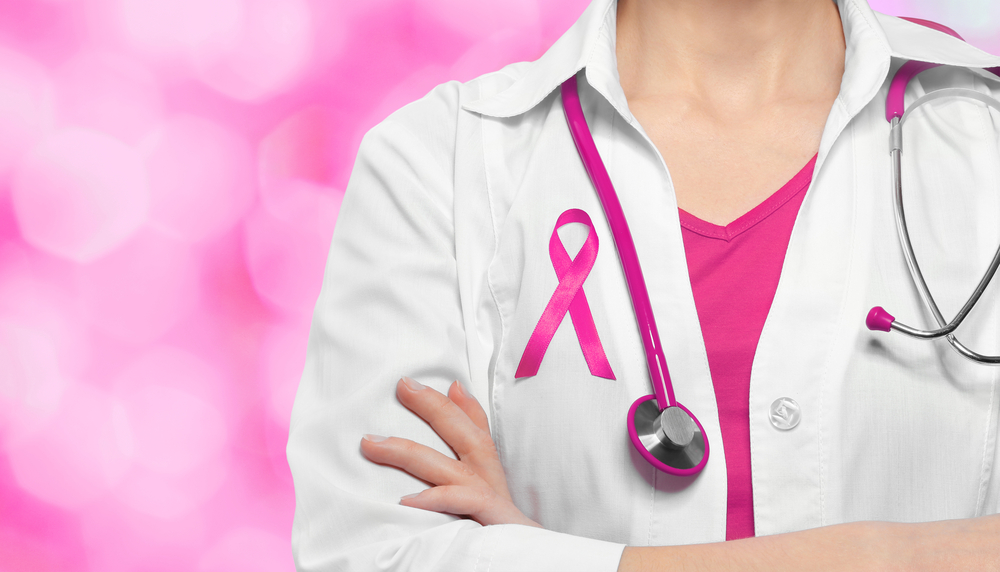
Breast cancer is the most common cancer among women. Only in Russia annually put 46 thousand of these diagnoses. Talk about the latest discoveries that will help to prevent it.
Do not sit at night in the phone
The blue light from the screen disrupts the biological rhythms and confuses the nervous system. European scientists have calculated that it increases the risk of developing breast cancer by 50 %. Experts advise to abandon the gadgets at least an hour before bedtime.
Do not eat at night

Spanish scientists found that those who dine at least 2 hours before bedtime, your risk is reduced by 20%. Experts compared the data with those who eat just before going to bed.
Spend more time in nature
We already wrote about the fact that British experts have confirmed the benefit of this activity. Nature walks are so beneficial, experts suggest to consider them as a method of treatment along with medications. They reduce the risk of not only cancer, but diabetes of the 2nd type, cardiovascular disease, premature birth, insomnia and high blood pressure.
Work day

An international group of scientists analyzed data from 13 thousand women from different countries. It turned out that the longer they work nights, the more at risk.
The fact that our internal biological clock-oriented time of day. And when we do not sleep at night, blood increases the level of cortisol, a stress hormone. It turns out that in this work the body is chronically suffering from hypertension.
To the risk level returned to previous levels, enough for 2 years leave to work night schedules.
Eat balanced
To reduce the chance of developing the disease by 11%, on the day you need to eat at least 5.5 servings of fruits and vegetables (1 serving is about six apricots, one Apple, 1/6 small cabbage). This was stated by Harvard scientists after analyzing the data of 180 thousand women. Especially useful they’re called cruciferous vegetables (cabbage, radishes, rutabaga, turnips), as well as yellow and orange fruits.
Analysis of 45 separate studies also showed that the unhealthy excess of fat in the diet, especially animals. But dairy products and cereals, by contrast, help to prevent the disease.
